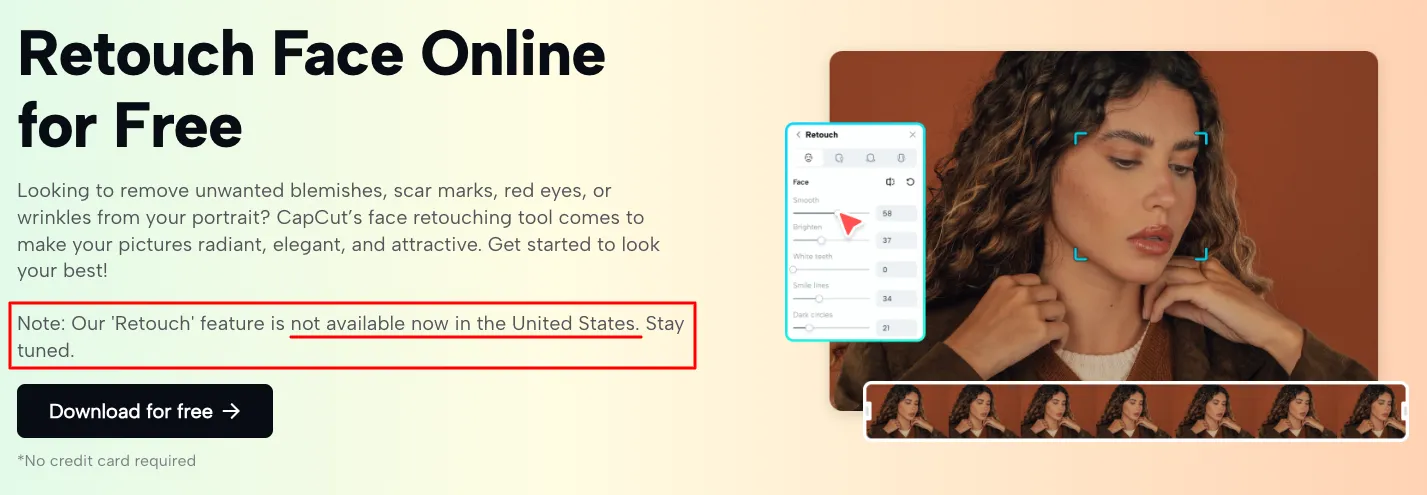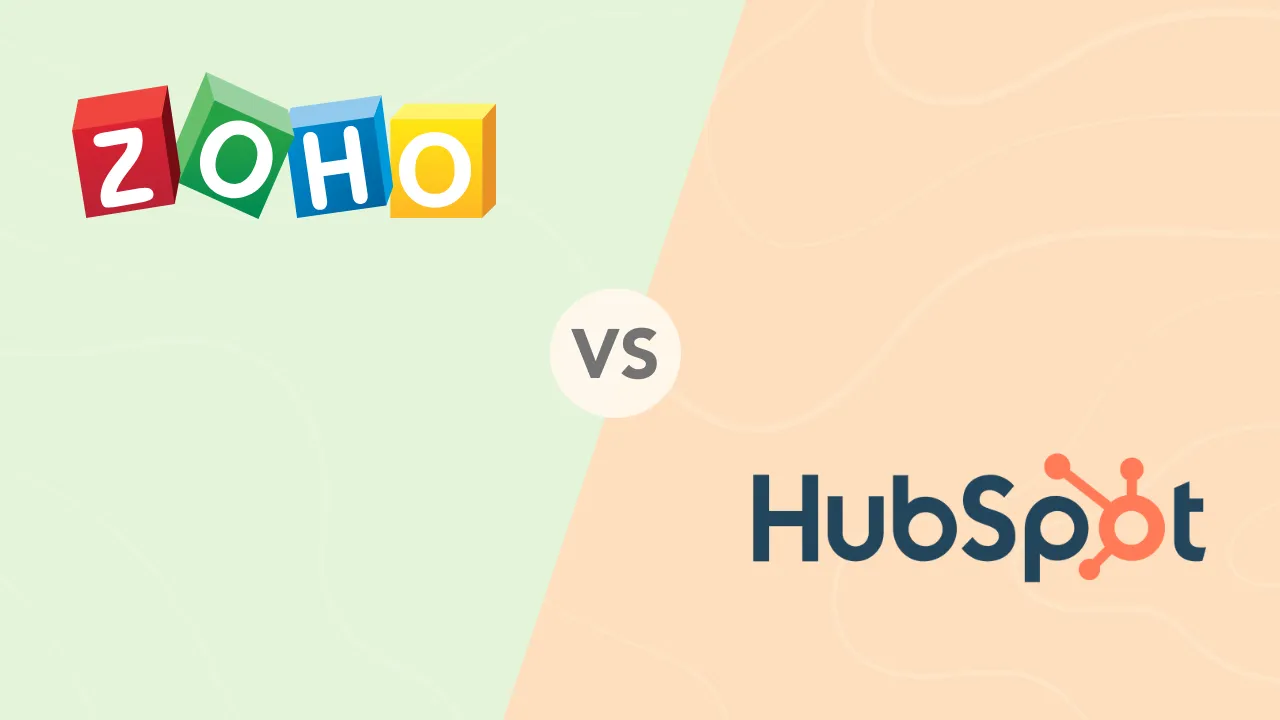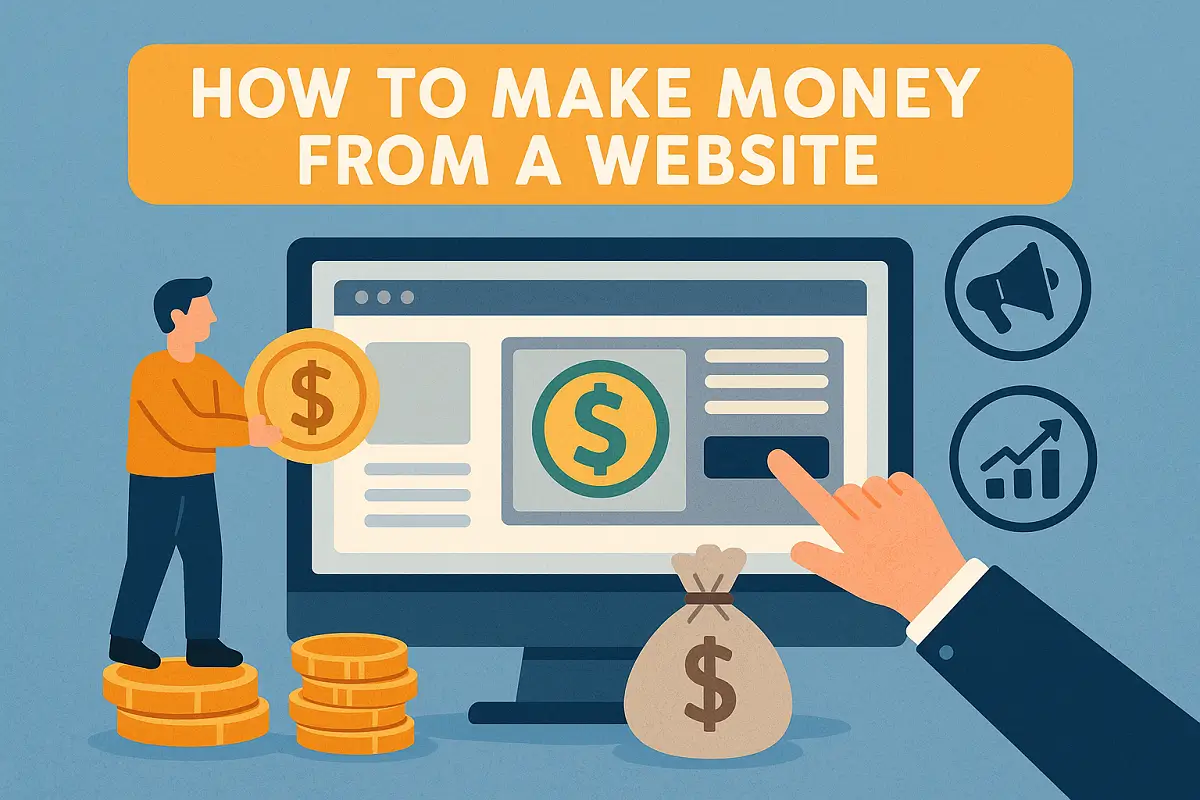5 Types of Accounting Software You Need to Know to Manage Your Finances Like a Pro

Accounting is a crucial aspect of any business, as it provides critical financial information that can be used to make sound decisions and ensure the company’s financial health. With that said, accuracy and efficiency are key when it comes to accounting. Fortunately, we are past the days when businesses had to rely on paper records and manual calculations.
In order to streamline accounting processes and ensure accuracy, companies now rely on accounting software. But with various accounting software solutions on the market, how do you know which is right for your business?
This article discusses different types of accounting software and its features.
What is accounting software?
Accounting software is a comprehensive solution that automates and streamlines the accounting process. It includes features such as bookkeeping, invoicing software, managing expenses, tracking inventory, and more. It also provides insights and analytics that can be used to make informed financial decisions.
Software for accounting can either be installed on-premises, meaning it is installed and managed on the company’s own servers, or it can be cloud-based, which means it is hosted remotely and accessed via the internet.
The global accounting software market size is projected to reach USD 20.4 billion in 2026.
– Fortune Business Insights
Top Accounting Software:
- QuickBooks: Average annual savings of over $2,100
- Zoho Books: Affordable and flexible pricing packages
- Striven: World-class cloud accounting software
When looking for the best accounting software, consider these top options that cater to various industry needs and types of accounting software.
What are the 5 types of accounting software?
Different software programs offer distinct features and functionalities. When you choose accounting software, it’s important to consider the specific needs of your business to ensure you select the most suitable type.
1. Spreadsheets
Spreadsheet programs like Microsoft Excel are commonly used for accounting purposes. While spreadsheets can be used for invoicing, specialized invoicing software offers more efficient and automated solutions. They provide a basic foundation for accounting, allowing businesses to track income and expenses, create invoices, and calculate tax.
However, they lack the more sophisticated features offered by true accounting solutions. For example, they do not have features like double-entry bookkeeping or generating financial statements. They can be a good option for businesses that are just starting out. But as the company grows, you will likely need to look for a more robust solution.
2. Commercial Accounting Software
This is the most common software and usually offers the broadest range of features. It is designed for businesses of all sizes, from small to large enterprises.
Commercial software solutions are usually subscription-based, with different pricing plans according to the features and number of users. They come with essential accounting functionalities such as generating financial statements, tracking income and expenses, preparing invoices, and managing payroll. In addition, they often offer features like double-entry bookkeeping, tax preparation, and inventory management.
Some commercial software providers are also partnered with banks and other financial institutions, which offer integrations that allow businesses to manage their finances in one place. This can be a convenient option for businesses that want to further streamline their accounting processes.
3. Enterprise Resource Planning Software
Enterprise resource planning (ERP) software is a comprehensive business solution that covers various aspects of a business, including accounting. These programs are designed and often customized for large businesses with complex financial needs.
Aside from offering the same basic accounting capabilities that commercial solutions provide, enterprise accounting software also features powerful tools for financial analysis and forecasting. However, it is usually more expensive than other types of accounting software.
4. Custom Accounting Software
Custom accounting software is a solution specifically designed and developed for a particular business according to its unique requirements. This software is usually more expensive than commercial off-the-shelf solutions, but it offers greater flexibility and customization.
With custom accounting, businesses can get the exact features and functionalities they need to manage their finances effectively.
5. Cloud Accounting Software
Cloud accounting software is a type of commercial software that is offered through the internet instead of being installed on a company’s own servers. This means that businesses can access their accounting data and applications from any device with an internet connection.
Cloud accounting software usually comes with monthly or annual subscription plans, similar to commercial accounting.
The latest accounting software statistics reveal that 58% of enterprises were using cloud accounting solutions.
– Flexi
The main benefit of cloud accounting is that it offers greater flexibility and mobility, as businesses can access their data from anywhere. In addition, it is often easier to set up and use, as there is no need for complex IT infrastructure.
One downside of cloud accounting software is that businesses rely on internet connection. If there are any disruptions to the internet connection, businesses will not be able to access their data or applications.
Related Articles

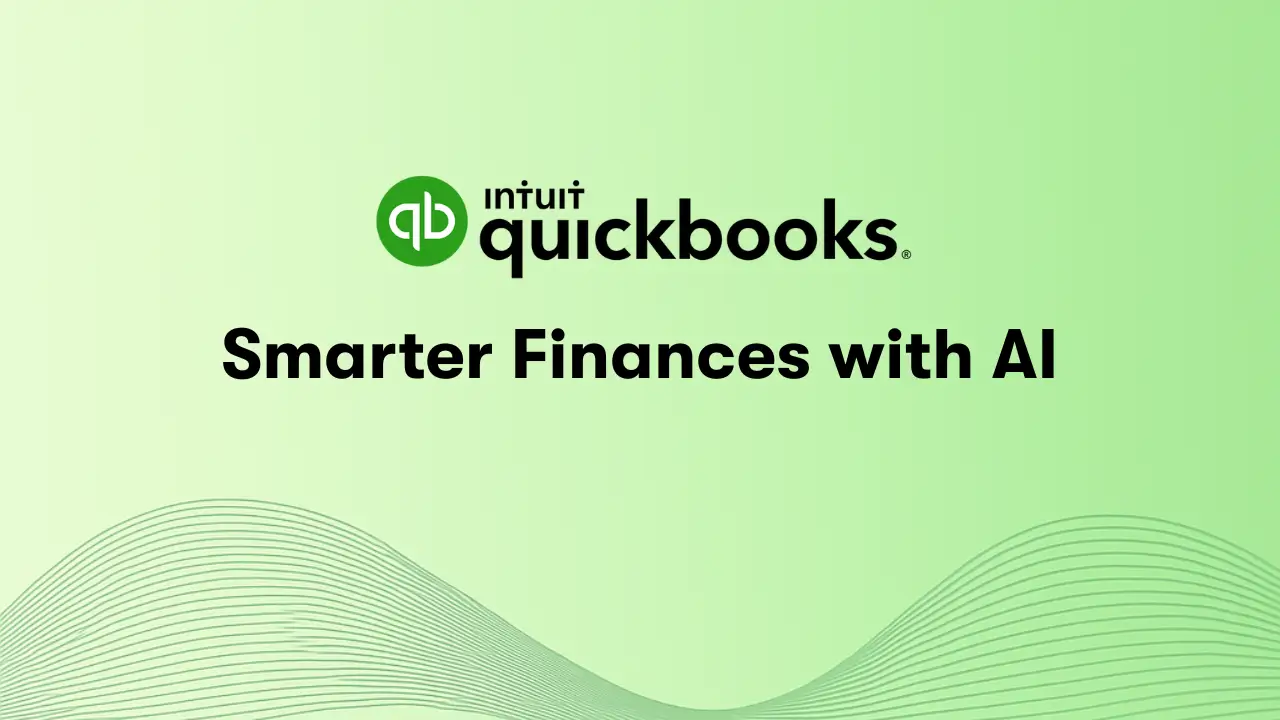



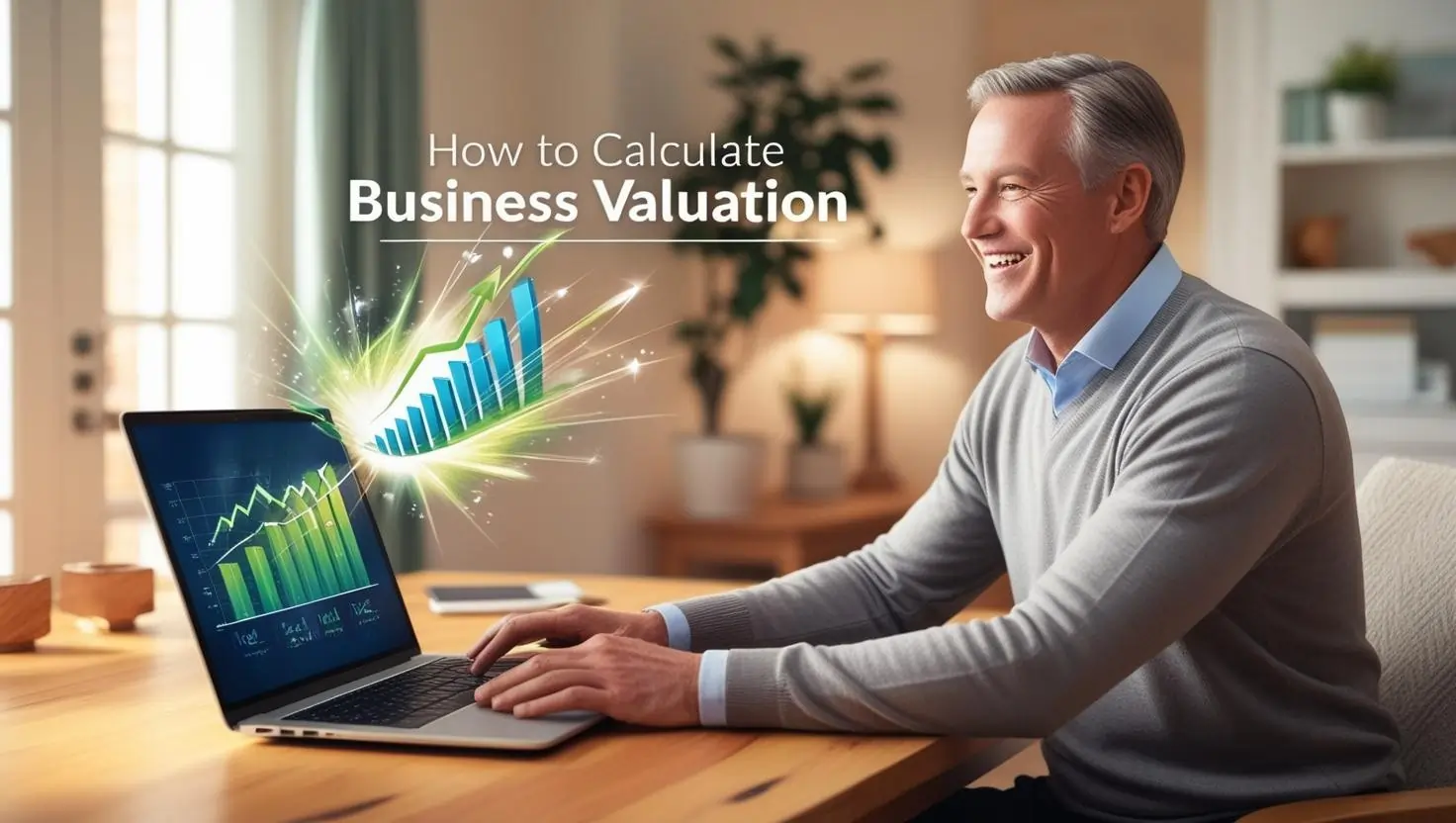
Key Features of Accounting Software
Accounting software is designed to streamline and automate various accounting processes, making it an essential tool for businesses of all sizes. When choosing accounting software, it’s crucial to consider the key features that meet your business needs. Here are some of the most important features to look for:
Financial Data Management
Financial data management is a cornerstone of effective accounting software. It enables businesses to track and manage their financial data comprehensively, ensuring accuracy and accessibility. Look for accounting software that offers robust financial data management capabilities, including:
- General Ledger Management: This feature allows you to maintain a complete record of all financial transactions, providing a clear picture of your financial health.
- Accounts Payable and Accounts Receivable Management: Efficiently manage your payables and receivables to ensure timely payments and collections, improving cash flow.
- Inventory Management: Keep track of your inventory levels, manage stock, and reduce carrying costs with integrated inventory management features.
- Asset Management: Monitor and manage your business assets, from acquisition to disposal, ensuring accurate depreciation calculations and asset tracking.
- Financial Statement Generation: Automatically generate essential financial statements, such as balance sheets, income statements, and cash flow statements, to gain insights into your financial performance.
Automated Accounting Processes
Automated processes are another essential feature of accounting software. They help reduce manual errors, increase efficiency, and save time. Look for accounting software that offers automated processes, including:
- Invoicing and Billing: Automate the creation and sending of invoices to ensure timely billing and improve cash flow.
- Payment Processing: Streamline payment processing to reduce delays and improve accuracy in financial transactions.
- Expense Tracking: Automatically track and categorize expenses, making it easier to manage budgets and control costs.
- Tax Calculation and Filing: Simplify tax preparation with automated tax calculations and filing, ensuring compliance with tax regulations.
- Financial Reporting: Generate detailed financial reports automatically, providing valuable insights into your business’s financial performance.
Reporting and Analysis
Reporting and analysis are critical features of accounting software. They enable businesses to make informed decisions by providing insights into their financial performance. Look for accounting software that offers robust reporting and analysis capabilities, including:
- Financial Statement Analysis: Analyze your financial statements to identify trends, strengths, and areas for improvement.
- Budgeting and Forecasting: Create and manage budgets, and forecast future financial performance to plan for growth and manage risks.
- Cash Flow Management: Monitor and manage your cash flow to ensure you have sufficient liquidity to meet your obligations.
- Accounts Payable and Accounts Receivable Analysis: Gain insights into your payables and receivables to optimize payment terms and improve cash flow.
- Inventory Analysis: Analyze your inventory data to identify slow-moving items, optimize stock levels, and reduce carrying costs.
What should I look for in accounting software?
When you choose accounting software for your business, there are several factors you need to consider:
- The size of your business: Are you a small business with just a handful of employees or a large corporation with multiple departments and locations? The size of your business will dictate the features and scalability you need in accounting software.
- Your budget: Accounting solutions can range from free, open-source options to expensive enterprise solutions. It’s important to consider your budget when choosing software.
- Your accounting needs: What type of accounting do you need? There are different types of software for different needs, such as general ledger, accounts receivable/payable, payroll, and inventory management.
- Integrations: Does the software integrate with other business applications you use? This is important for efficiency and data accuracy. Some solutions are also partnered with banks and government institutions.
- Updates and customer support: What kind of updates and customer support does the software offer? You will want to choose software that offers timely updates to ensure compliance with changing laws and regulations. Additionally, you will want to make sure the software has excellent customer support in case you run into any issues.
Implementation and Integration
Implementing and integrating accounting software can be a complex process. It’s essential to consider the following factors to ensure a smooth transition:
Integrating with Other Systems
Integrating accounting software with other systems is crucial to ensure seamless data exchange and minimize manual errors. Look for accounting software that offers integration with:
- Customer Relationship Management (CRM) Software: Integrate with CRM software to streamline customer data management and improve customer service.
- Enterprise Resource Planning (ERP) Software: Ensure seamless integration with ERP systems to unify business processes and improve efficiency.
- Inventory Management Software: Connect with inventory management software to maintain accurate stock levels and streamline order processing.
- Payroll Software: Integrate with payroll software to automate payroll processing and ensure accurate employee compensation.
- E-commerce Platforms: Link with e-commerce platforms to synchronize sales data, manage orders, and streamline financial reporting.
When integrating accounting software with other systems, consider the following factors:
- Data Compatibility: Ensure that the data formats are compatible between systems to avoid data loss or corruption.
- Integration Protocols: Check the integration protocols supported by the software to ensure seamless connectivity.
- API Connectivity: Look for software that offers robust API connectivity to facilitate smooth data exchange.
- Data Synchronization: Ensure that data is synchronized in real-time to maintain accuracy and consistency across systems.
- Security and Compliance: Verify that the software meets security and compliance standards to protect sensitive financial data.
By considering these factors, businesses can ensure a smooth implementation and integration of their accounting software, leading to increased efficiency, reduced errors, and improved financial management.
Conclusion
Choosing the right accounting software is integral to the success of any business. The types of software available are classed according to their main functionalities, the size of the business they are intended for, and whether they are cloud-based or installed on-premises.
With the various accounting solutions on the market, it’s crucial to consider your specific needs before deciding.

